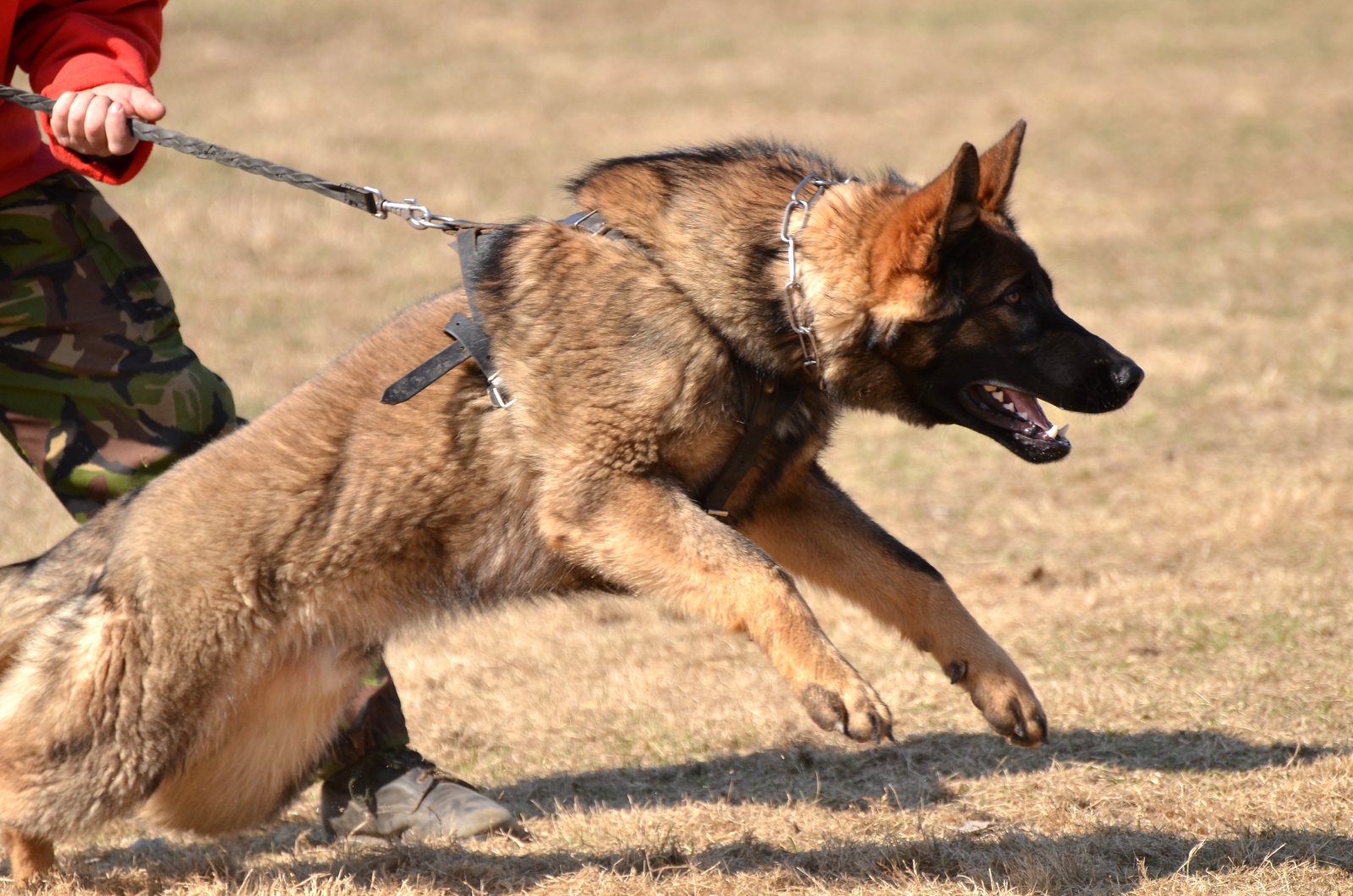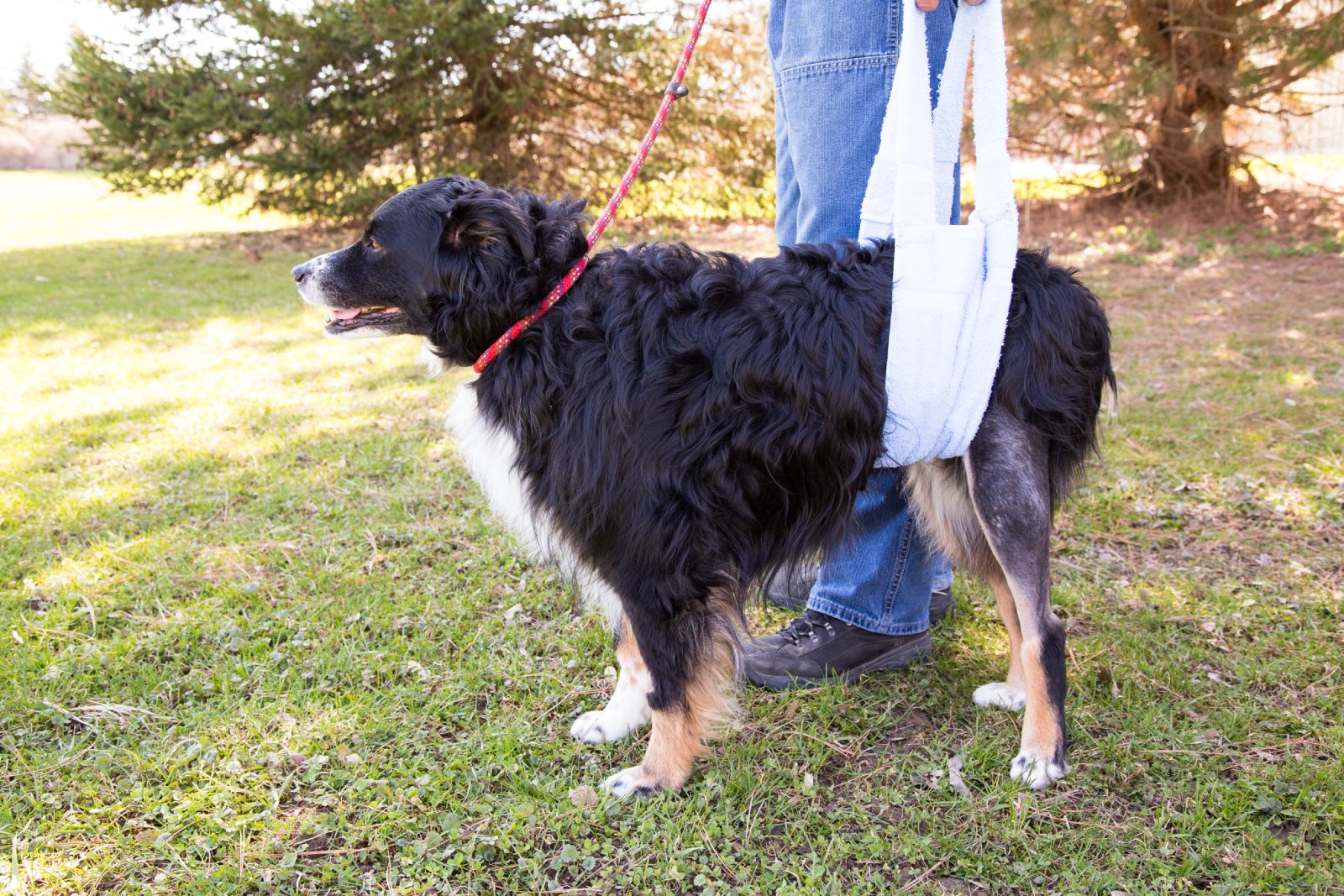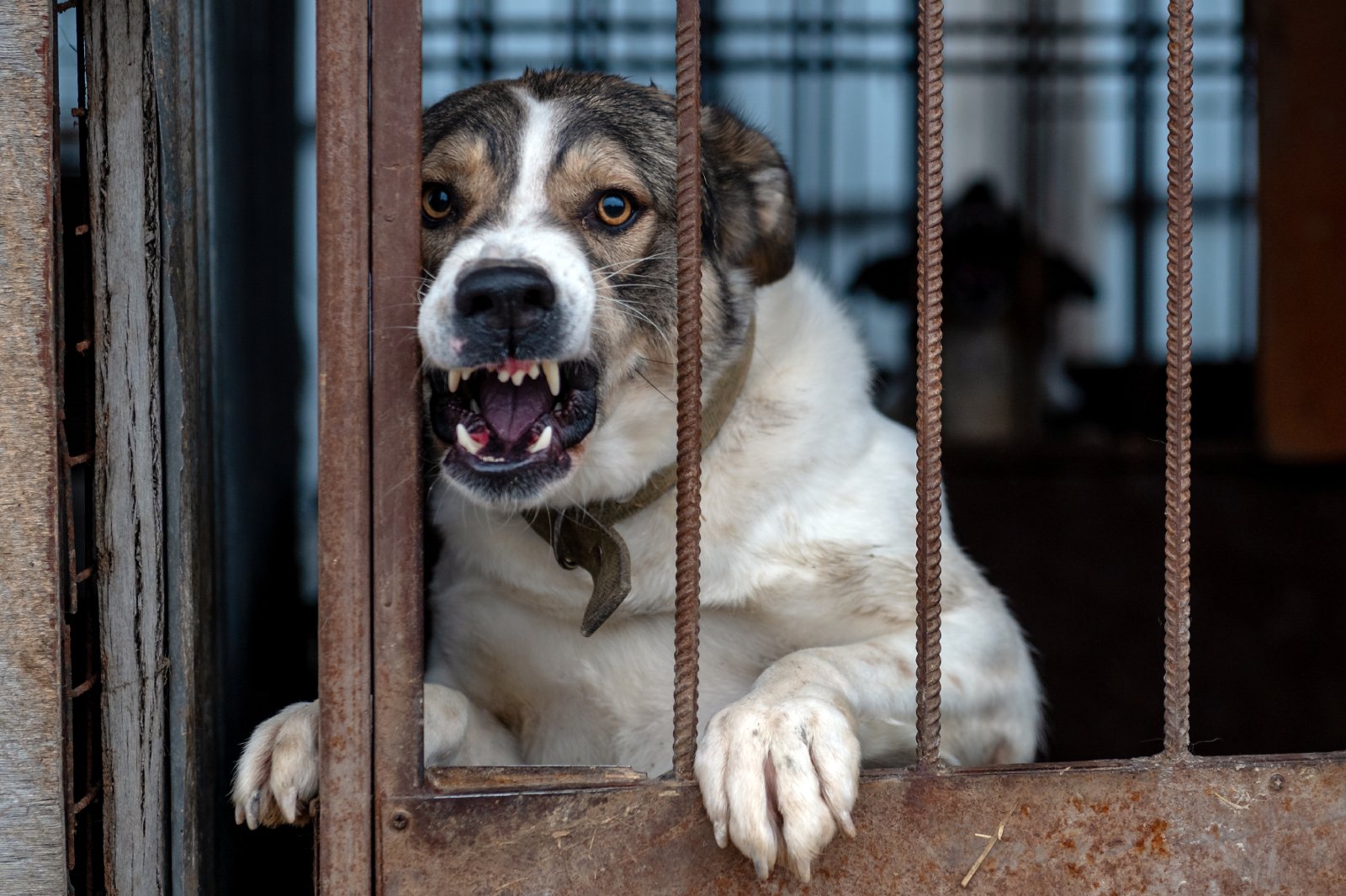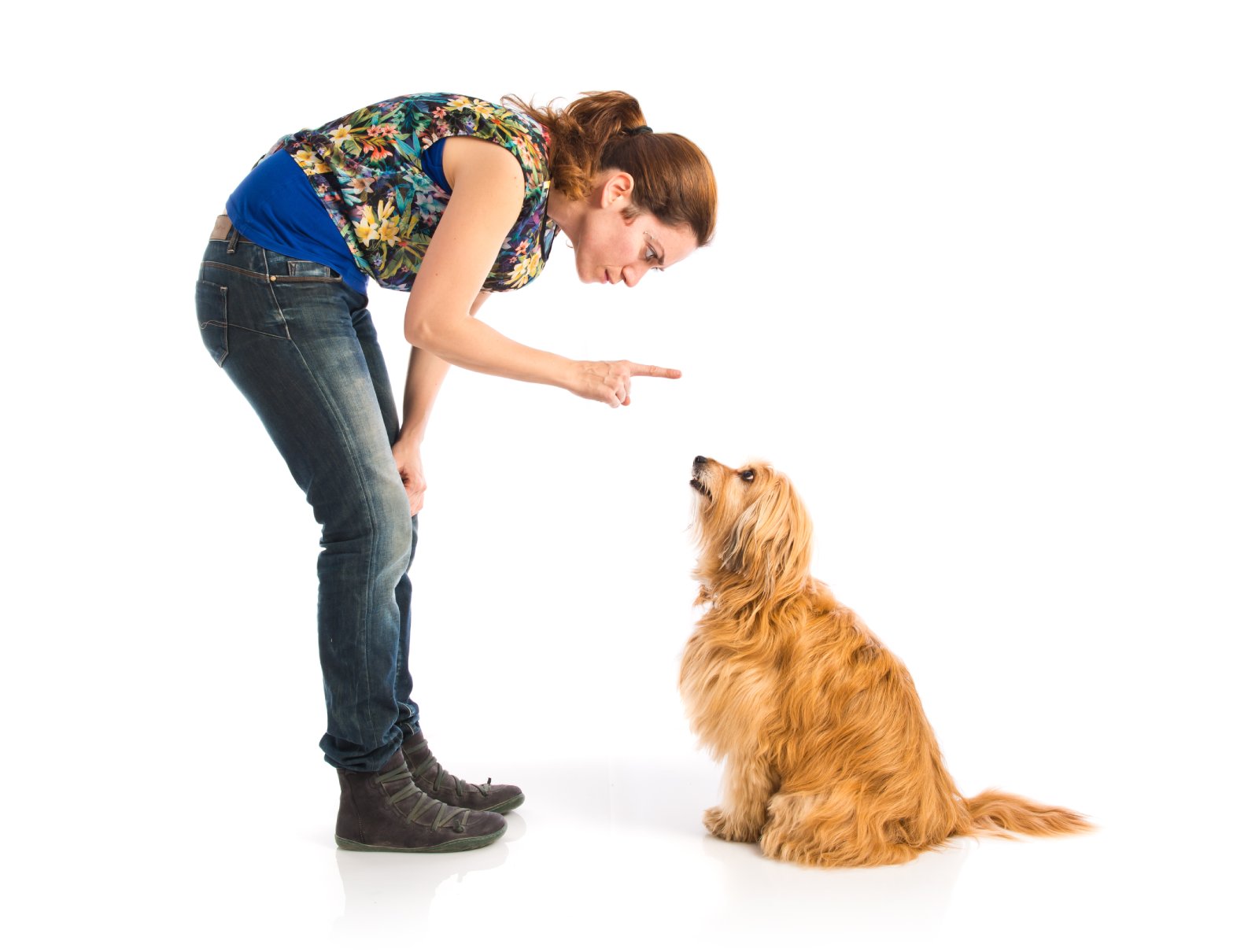Every dog owner knows their pet’s quirks, but what happens when those quirks turn into concerning behaviours? Are you doing enough to ensure your dog’s health and happiness?
1. Has Your Dog’s Appetite Changed?

If your dog is eating more or less than usual, it could indicate an underlying health issue. Keep an eye on their eating habits and consult your vet if you notice significant changes.
2. Is Your Dog Drinking More Water Than Normal?

Excessive thirst can be a sign of various health problems, including diabetes and kidney disease. Track their water intake and seek veterinary advice if you’re concerned.
3. Has Your Dog’s Behaviour Towards People Changed?

If your usually friendly dog becomes aggressive or overly timid, it could be experiencing stress or pain. Consider any recent changes in their environment or routine.
4. Is Your Dog Scratching or Biting Itself More Than Usual?

Increased scratching or biting can be a sign of allergies, parasites, or skin infections. Regular grooming and a trip to the vet might be necessary.
5. Is Your Dog Limping or Showing Signs of Pain?

Limping or reluctance to move can indicate injury or arthritis. A vet visit is crucial to diagnose and treat the issue properly.
6. Has Your Dog’s Weight Fluctuated?

Sudden weight gain or loss can signal health problems such as thyroid issues or digestive disorders. Monitor their weight and dietary habits closely.
7. Is Your Dog Sleeping More or Less Than Normal?

Changes in sleep patterns can indicate discomfort, anxiety, or illness. Ensure your dog has a comfortable sleeping area and consider a vet check-up.
8. Does Your Dog Have Bad Breath?

Persistent bad breath can be a sign of dental issues or gastrointestinal problems. Regular dental check-ups and cleanings are essential.
9. Is Your Dog Displaying Signs of Anxiety?

Behaviours like excessive barking, pacing, or destructive chewing can be signs of anxiety. Identify triggers and consider behavioural training or calming aids.
10. Has Your Dog’s Coat Condition Changed?

A dull, dry coat or excessive shedding can indicate nutritional deficiencies or skin conditions. Ensure your dog’s diet is balanced and consult your vet for advice.
11. Is Your Dog Vomiting or Having Diarrhoea?

Occasional vomiting or diarrhoea might be normal, but frequent episodes can point to serious health issues. Immediate veterinary attention may be needed.
12. Has Your Dog’s Vision or Hearing Deteriorated?

If your dog is bumping into things or not responding to sounds, it may have sensory impairments. Regular vet check-ups can help catch these issues early.
13. Is Your Dog Displaying Unusual Vocalisations?

Excessive whining, barking, or howling can be a sign of distress or discomfort. Observe the context of these vocalisations and consult your vet if necessary.
14. Has Your Dog’s Routine Been Disrupted Recently?

Changes in your dog’s environment or routine can cause stress and behavioural changes. Try to maintain a consistent schedule and environment for your pet.
15. Is Your Dog Acting Lethargic or Depressed?

A dog that seems unusually tired or uninterested in activities it used to enjoy could be ill or in pain. A vet visit is crucial to determine the cause.
Taking Action for Your Pet’s Well-being

Your dog’s strange behaviour is a cry for help. Don’t ignore these signs; proactive steps can ensure your furry friend remains healthy and happy. If in doubt, always consult your vet for professional advice.
The post Is Your Dog’s Behavior Typical? 15 Questions to Help You Determine first appeared on PawShore.
Featured Image Credit: Pexel / Alexas Fotos.
For transparency, this content was partly developed with AI assistance and carefully curated by an experienced editor to be informative and ensure accuracy.

